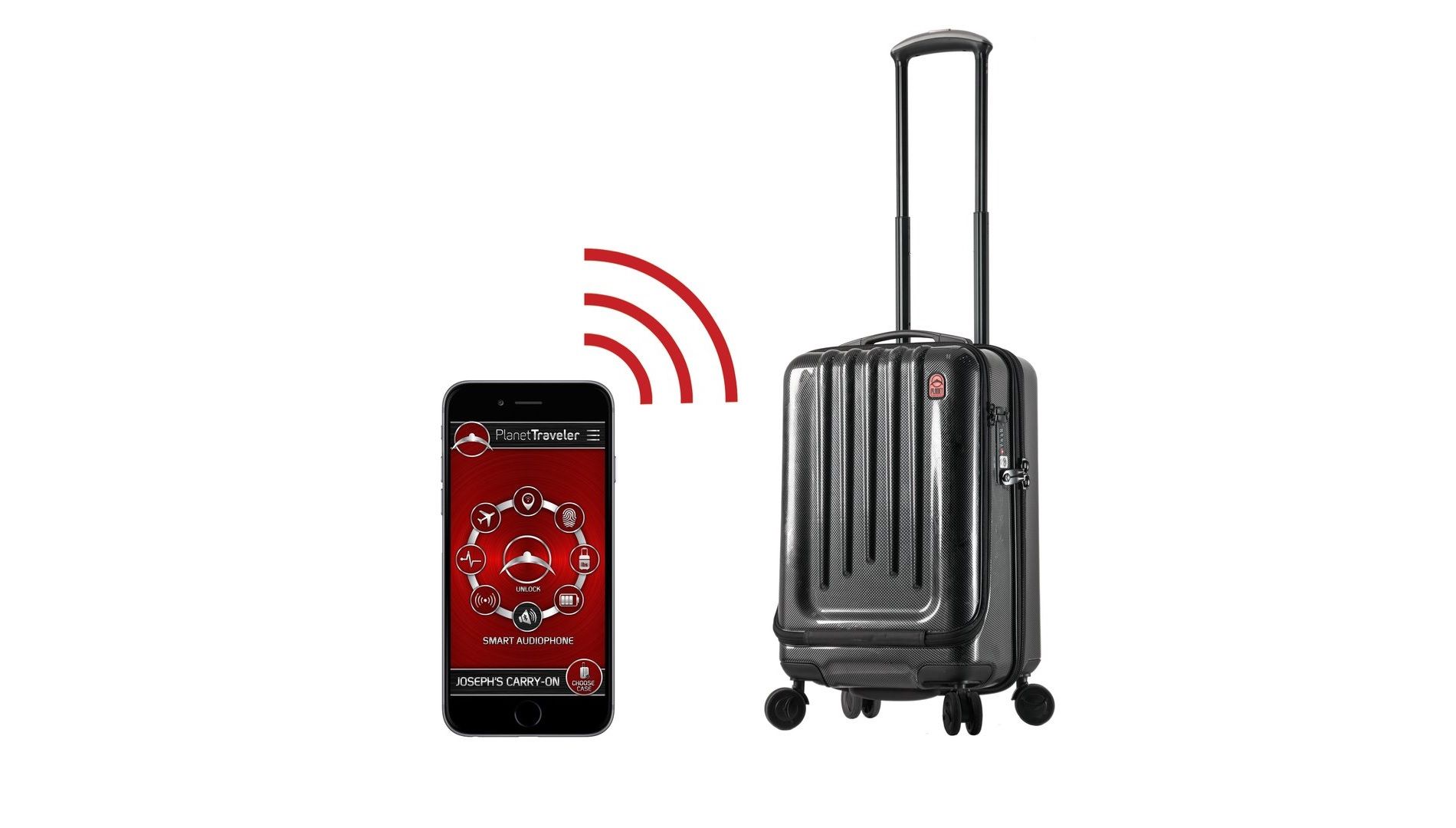Smart luggage has become the rage in the US these days, thanks in part to its myriad of features that make it useful for charging phones, locking remotely, and being tracked via GPS. But, the very essence of what makes these pieces of luggage “smart” is now being threatened by airlines, a handful of whom announced that by January 15, 2018, smart luggage with non-removable lithium-ion batteries will not be allowed onto their planes. Basically, if you want to check in your traceable luggage, you have to make them untraceable.
American Airlines, Delta, and Alaska Airlines are a few of the airlines that have drawn a line in the sand on this new policy. According to CNN, other airlines, including United and Southwest, are expected to announce similar bans soon. In a separate report, Reuters said that the International Air Transport Association (IATA) could follow the US carriers’ lead and “issue industry-wide standards” for smart luggage, possibly as soon as this week.
The unified call for banning smart luggage comes in response to growing safety concerns about the combustibility of lithium-ion batteries. These batteries have been in the crosshairs of the aviation industry in the past, most prominently in 2016 when the US Federal Aviation Administration banned Samsung Galaxy Note 7 hones from all flights after numerous instances of their batteries exploding.
To be fair, not all smart luggage are going to be banned. Those that have removable batteries will be allowed onboard planes, provided that owners remove the batteries. It’s a sound compromise on the surface, but it does defeat the purpose of these smart luggage because their GPS capabilities are entirely contingent on the presence of these batteries. Remove them, and they become “normal” luggage.
The reaction to the new restrictions has been understandably mixed. Companies that offer smart luggage with removable batteries have taken soft stances on the upcoming ban because their products do come with removable batteries. It’s a different story though with a company like Bluesmart, whose batteries are not removable. Speaking to The Verge, Bluesmart CEO called the ban “an absolute travesty” and a “huge step back” for travel technology. “We are saddened by these latest changes to some airline regulations and feel it is a step back not only for travel technology but it also presents an obstacle to streamlining and improving the way we all travel,” the company added in a statement posited on its website.
References
Read more technology news.


